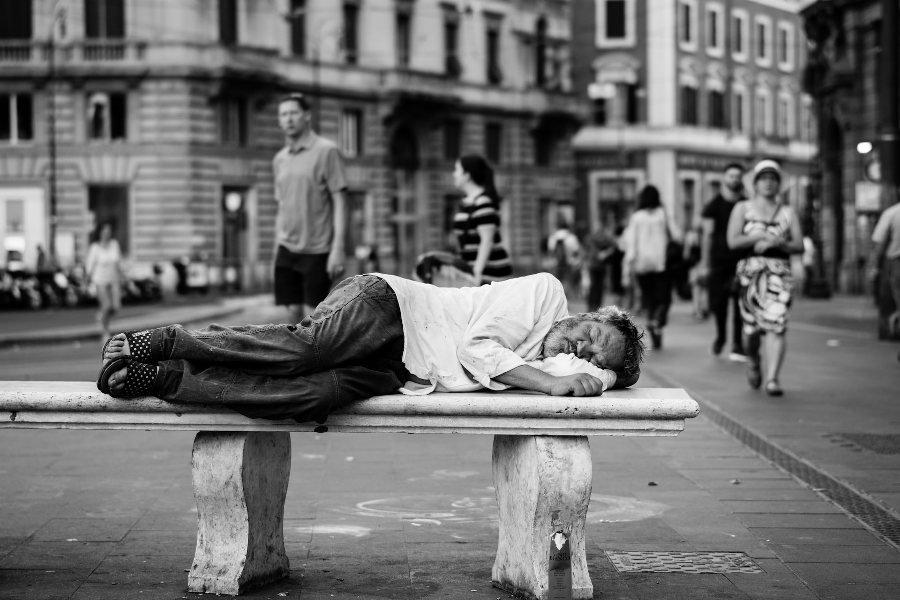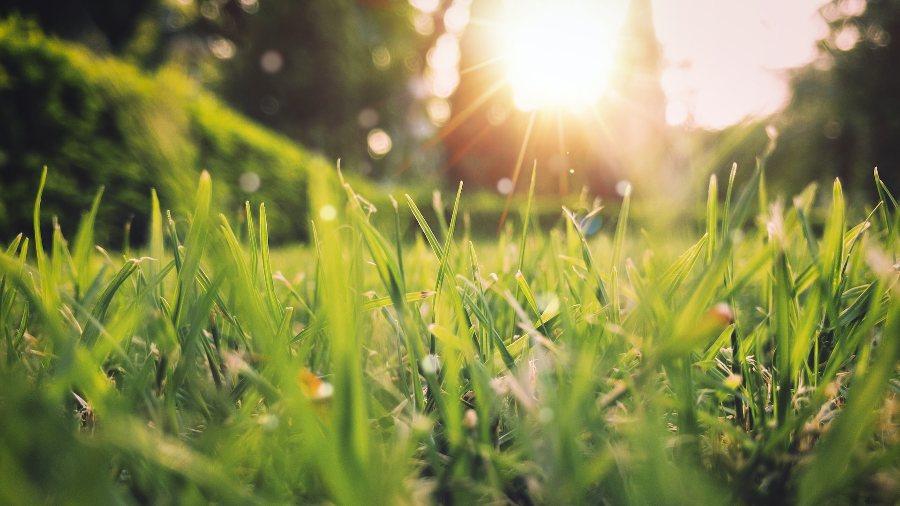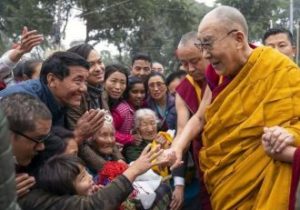
How much suffering should I open myself up to? This is the question that is plaguing me this morning. As I ponder it, a part of me judges the question as ridiculous. This part says that the question is only possible because I am spoiled and steeped in privilege. I think of the 648 million people around the world living in extreme poverty.* I think of the many more without reliable access to shelter, safe water, food, or medicine. I think of all those with mental health issues, those living with violence, those living under oppressive regimes or in persecuted minority groups. None of these people have a choice about the suffering they carry. How do I even dare to ask this question?
I am asking the question because it is the only question I have right now, from inside this life I am living. I am asking it because three years ago, and again one year ago, I was brimming with anguish about the climate crisis. I am asking it because recently I have been getting on with my life almost as if nothing is happening, and I am curious about that. Would I be a better Buddhist if I was in more in touch with the sorrows of the world? Would I be a better human being?
There are different ways of approaching this question. One is to look at how I am living my life now and how I was living it when I was full of climate grief. Which is better? I was certainly more involved in climate activism when I was feeling the grief more intensely. I was working in groups that were organising climate actions, sharing writing about the climate crisis on social media, taking part in protests, and sometimes being arrested as a part of non-violent civil disobedience. This activity was driven by the intensity of my feelings about the climate emergency, and it made me feel better. At least I was doing something, even if they were only small things. Despite the pain I felt about our global situation, I was also embedded in a new loving community, doing exciting, worthwhile things, and living life to the full.
My life now is still full, but with different tasks. My spouse and I made a conscious choice to focus on our Buddhist community this year. We are running a series of book groups and we have just launched a lay ministry training program for eight trainees. We are investing energy into those who practice with us and (hopefully) helping them to lean into the Dharma in order to become kinder people. I am also posting regularly on Substack, where I get paid for one of my core callings—writing—and where I get to speak about a passion of mine: Going Gently.
How can I compare the relative merits of these different lives? My work as an activist certainly felt vital at the time. I felt the full force of the urgency of the situation and I knew how terrible things would be if the world’s governments didn’t do much more, and do it much more quickly. This is still true. I still sometimes think that I should be prioritizing this activist work over all else—giving up my work here at the temple, engaging in more serious civil disobedience involving prison sentences, throwing everything I have at it. I have friends who are doing this—who’ve been in and out of prison all year. In my opinion, they are living the lives of bodhisattvas. I also see the necessity of doing the slow work of building community and introducing people to spiritual support. What should I be doing?
Another way of approaching the question may be to look at the Buddha’s life or the Buddhist teachings. What kind of life did the Buddha lead? He didn’t seem to get involved in protests or system change very often, although he did form good relationships with people in power, and in this way increased his good influence. He mostly seemed to offer whatever was needed in the moment—a teaching to a single person, or an offering to a crowd. When he needed to rest, his assistant Ananda sent people away. He spent most of his time in nature, used a minimum of resources, and was content. When I think of his life, the phrase that comes to mind is “no fuss.” He just got on with it and people around him were inspired and enlightened by his gentle presence.
What about the Buddha’s teachings? The Four Noble Truths: we cannot avoid duhkha, suffering, but we can use the resultant energy to live noble lives. The Three Marks of Existence: we are mired in impermanence and suffering, but there is a way of living that embraces these truths and offers us freedom. The teaching of the Heart Sutra: we can lean into the reality of emptiness (or boundlessness) and wake up. The climate crisis is impermanence and suffering writ large. We cannot escape the reality of it unfolding, and we can take refuge in the Three Jewels and take compassionate action. As a Pure Land Buddhist, I am realistic about how capable I am of doing good, bound by my karma and buffeted around by greed, ill will, and delusion. And I also trust that it is possible to do something. What kind of life would the Buddha prefer me to live? Should I live as a radical activist or as a gentle community builder?
This brings me to my final way of exploring this question—to hand it over to the Buddha completely. If I am honest, I don’t really know the answer to my question at all. I don’t even know how much control I have over how much suffering I connect with at any given time. The parts of myself that cushion me from painful truths are powerful, and when they kick in there’s not much I can do about it. When I’m not feeling intense grief about the climate, I’m less likely to surrender my comforts and step into courageous action. Is that okay? What is possible and what is right? Buddha, what should I do?
When I ask the Buddha this kind of question (which I have done from time to time over the years) I usually receive a similar answer. It is something like: “Keep doing what you’re doing.” “You’re doing just fine.” “Do the next small thing in front of you, and then the next thing after that.” I also hear something like: “Your job is to be you.” This is a lesson I learnt from Rev. Gyomay Kubose’s teachings—my job is to “be Satya” at this particular point in my life. When I lean into this wisdom, I feel a relief. Who I am right now, with all my limits, is enough. I am loved.

At the moment, this version of Satya is enjoying writing, building community, and learning how to go more gently. I am very grateful that others are picking up the burden of activism and all the other things that need doing in the world—the job of running countries and companies, the job of caring for children and our elders, the job of the scientists, the job of creating art, the job of healing. When we can see humanity as one big sangha, we can see that we all have our different parts to play. I don’t have to worry about whether I open myself up to extra suffering or not. When I lean into the Buddha, my heart will expand naturally and I will connect with the suffering I am meant to connect with. Right now, I can feel sweet sadness for our dear Earth and all who live on her, as she suffers and will continue to suffer. She suffers, and the sun is shining. Right alongside my sadness is warm gratitude, a deep sense of being settled, and a bright burst of joy.
* Half of the global population lives on less than US$6.85 per person per day (World Bank Blogs)
See more
Going Gently (Substack)
Related features from BDG
The Yin and Yang of Teaching
Buddhist Voices in the Climate Crisis: Earth Words and Watershed Activism
Self and Other: Practicing Welfare for Individual and Community
The Earth Holder Community, Branching Out
For the Earth: Buddhist Environmental Thought and Activism











